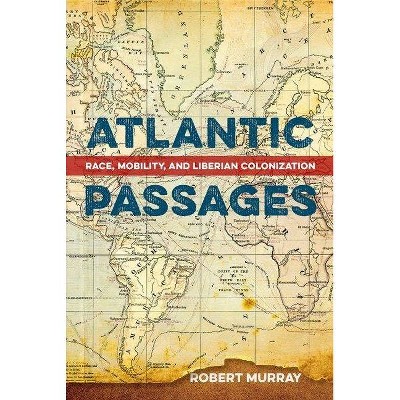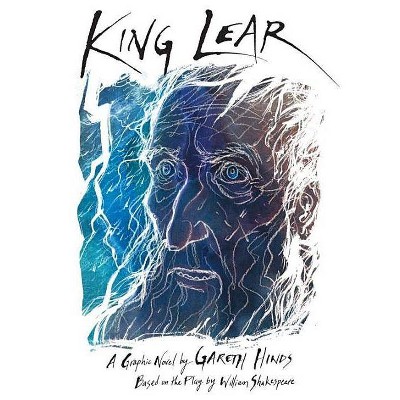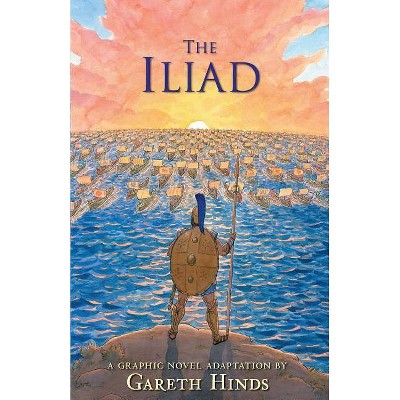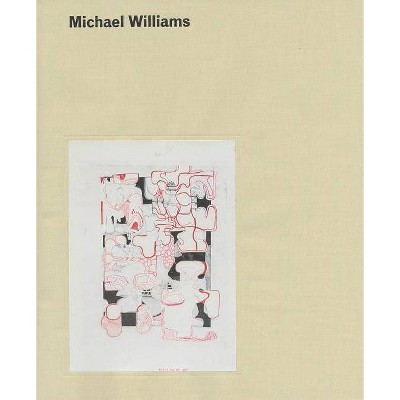Infrapolitical Passages - by Gareth Williams (Hardcover)
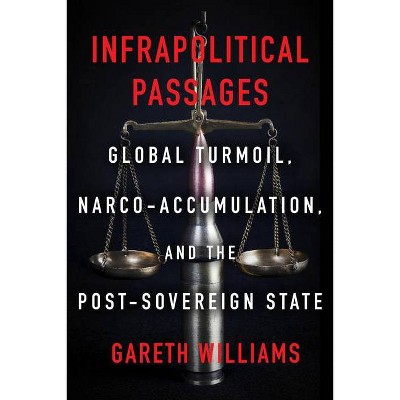
Similar Products
Products of same category from the store
AllProduct info
<p/><br></br><p><b> About the Book </b></p></br></br>This book makes a case for <i>infrapolitics</i> as an enactment of intellectual responsibility in the face of a tumultuous world of war and of technological value extraction on a planetary scale.<p/><br></br><p><b> Book Synopsis </b></p></br></br><p><b>This book makes a case for <i>infrapolitics</i> as an enactment of intellectual responsibility in the face of a tumultuous world of war and of technological value extraction on a planetary scale.</b> <p/><i>Infrapolitical Passages</i> proposes to clear a way through some of the dominant political determinations and violent symptoms of contemporary globalization. In doing so, Gareth Williams makes a case for <i>infrapolitics</i> as an enactment of intellectual responsibility in the face of a tumultuous world of war and of technological value extraction on a planetary scale. <p/>The book offers a theory of globalization as a gigantic, directionless crisis in humanity's symbolic organization, as well as a theory of global economic warfare as the very positing of directionlessness and, at the same time, facticity. Williams's infrapolitics stands at a distance from the biopolitical, which it understands as domination presenting itself as the production of specific forms of subjectivity in the face of the commodity. The subsequent obscuring of being signals the need to circumvent the instrumentalization of life as subordination to the metaphysics of subjectivity, representation, and politics. <p/><i>Infrapolitical Passages</i> works to confront that which is unavailable in subjectivity and representation, opening a way for facticity in the age of globalization in order to make room for the infrapolitical question for existence.</p><p/><br></br><p><b> Review Quotes </b></p></br></br><br>"Let there be no doubt: this is a thoroughly political book, which asks the most important, the most essential of political questions. Which is, precisely: What is the smallest difference that may actually make a difference? . . . There is a double irony here. The first is that those who are so intent on 'being political' or putting politics first, seeking a program or party line to proclaim or to follow, inevitably end up mired only in false pieties and the spectacle of morality ('virtue signalling' and the like) that we see all too insistently wherever we look. The second is that . . . the one properly political question, the question of the 'perhaps, ' only arises when we step back from politics, when we try to withdraw from the turmoil, when we hesitate before entering the fray, when we realize that everything is in doubt, and when we acknowledge that 'what is to be done' is far from self-evident, being as it is a matter that politics itself can never resolve. Without it, however, there is no politics at all. The very possibility of politics, in other words, as Williams eloquently tells us, depends upon the infrapolitical."<b>---Jon Beasley-Murray, author of Posthegemony, <i></i></b><br><br>Gareth Williams has a gift for announcing problems, perhaps intractable, and then reeling them in and walking them back out step by step. You find yourself confronted with 'infrapolitics, ' 'decontainment, ' 'narco-accumulation, ' and 'katechon, ' which may or may not ring a bell. It all seems intimidating, but then a couple of pages later you feel like you're handling a new concept, and connections start to litter your consciousness. It's brilliantly useful.<b>---Joshua Lund, University of Notre Dame, <i></i></b><br><br>Powerful in its assessment and truly revelatory in its ability to demonstrate the need for a 'different relation to the political, ' <i>Infrapolitical Passages</i> gives language and scope to a new politico-economic conjuncture and offers us the opportunity to fully appreciate the scale of this shift. It asks us to walk away from the old, tired narratives of political modernity and to reflect upon the need to effectively start over in our reflections on what the political means now and what the future within what Williams call the 'Post-Katechontic' shall now consist of.<b>---Abraham Acosta, University of Arizona, <i></i></b><br><p/><br></br><p><b> About the Author </b></p></br></br><b>Gareth Williams</b> is Professor of Spanish and Latin American & Caribbean Studies at the University of Michigan, where he is Chair of the Department of Romance Languages and Literatures.
Price History
Price Archive shows prices from various stores, lets you see history and find the cheapest. There is no actual sale on the website. For all support, inquiry and suggestion messagescommunication@pricearchive.us



